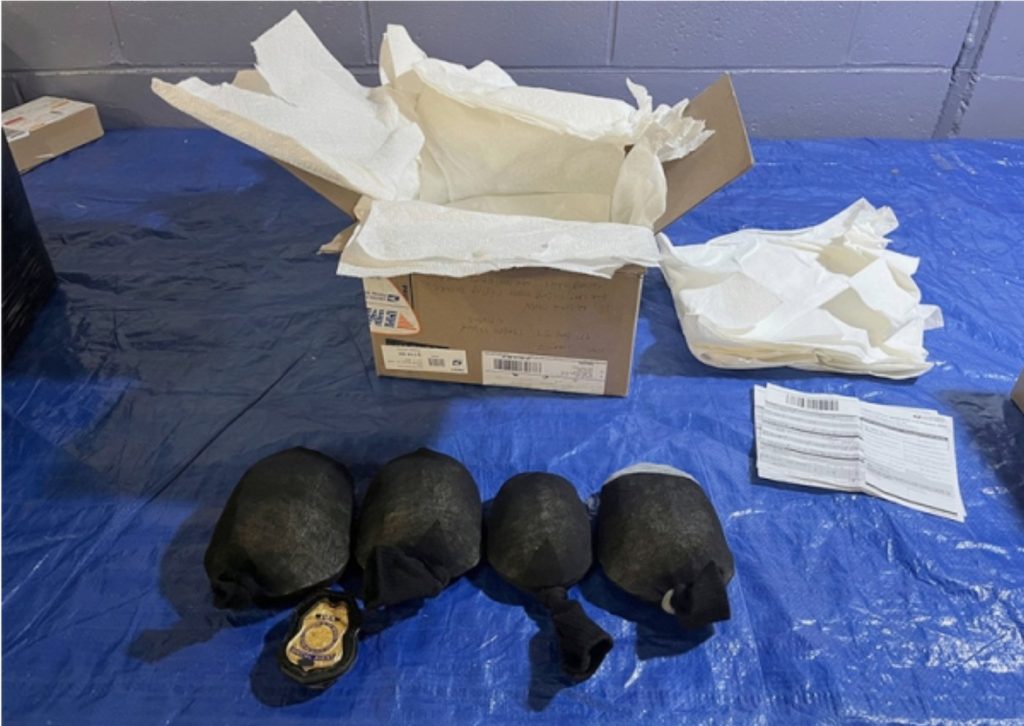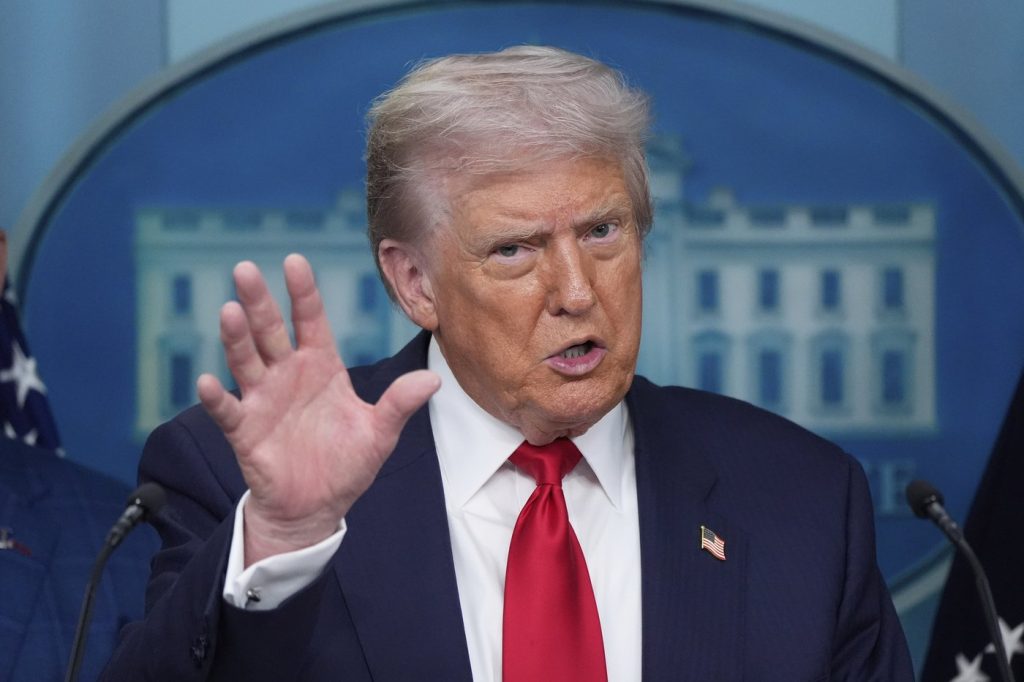NEW YORK (AP) - Wei Qiang Lin, a Chinese national residing in Brooklyn, has pleaded guilty to attempting to smuggle protected turtles valued at over $1 million from the United States to Hong Kong. The plea was made in federal court in New York on Monday. Lin's illicit activities involved shipping more than 220 parcels containing approximately 850 eastern box turtles and three-toed box turtles, as reported by the U.S. Justice Department.
The turtles, intercepted by law enforcement during a border inspection, were concealed in shipping boxes labeled "plastic animal toys." Prosecutors revealed that officers discovered the reptiles bound and taped inside knotted socks within these boxes. The estimated market value of these turtles is around $1.4 million, highlighting the significant financial incentives driving the illegal wildlife trade.
Eastern box turtles and three-toed box turtles are particularly noted for their colorful markings and are considered prestigious within both domestic and international pet markets, particularly in China and Hong Kong. These species are protected under the Convention on International Trade in Endangered Species of Wild Fauna and Flora (CITES), which seeks to ensure that international trade does not threaten the survival of wild animals and plants.
In addition to the turtles, Lin also shipped 11 other parcels that contained various reptiles, including venomous snakes. His actions not only violate U.S. wildlife protection laws but also raise serious concerns regarding biodiversity and conservation efforts as they contribute to the overexploitation of species under threat.
Wei Qiang Lin faces a potential prison sentence of up to five years when he is sentenced on December 23rd. This case underscores the seriousness with which U.S. authorities are addressing wildlife trafficking and reminds the public of the continued risks facing endangered species in the illegal pet trade.
Such incidents reflect a concerning trend of wildlife crime, which has gained attention due to its impact on biodiversity and ecosystem health. The increasing demand for exotic pets, particularly in markets like China and Hong Kong, drives individuals like Lin to engage in dangerous and illegal activities that ultimately jeopardize fragile species.
This case serves as a reminder of the ongoing battle against wildlife trafficking and the importance of international cooperation in enforcing conservation laws designed to protect endangered species from exploitation. The U.S. Justice Department has indicated its commitment to pursuing individuals who participate in such criminal activities, demonstrating a zero-tolerance approach to wildlife crimes.












